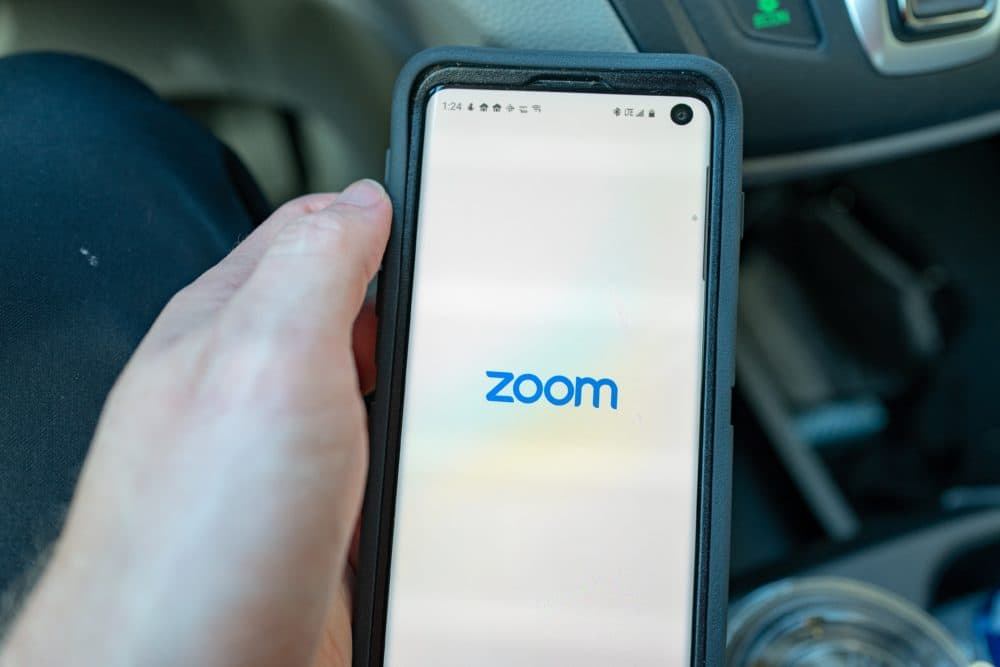Advertisement
Have Technology And COVID-19 Accelerated Social Changes?
Resume
Life and work have looked very different during the pandemic, and technology has taken on an increasingly important role. For many, socializing takes place through Zoom now — that goes for kids in school, too. And family gatherings take place outside and six feet apart, or else on a Facetime call.
Much of these changes could be here to stay, even after a vaccine is widely available. Harvard Business School's Debora Spar says that's not surprising. In her new book "Work Mate Marry Love: How Machines Shape Our Human Destiny," she argues that how we live, love and work — and what we perceive as "normal" in everything from relationships to gender roles — has always been driven by our technological advancements.
Spar lays out three major technological revolutions that reshaped human sociality: Agricultural, Industrial, and Digital — "the one we're living through right now." She says technological advancements during these periods had, quite literally, revolutionary effects on how people lived their lives.
"Prior to the industrial revolution, people didn't even think of a 'future,' really, because their lives were going to unfold more or less the way their parents' and grandparents' had," she says. Between the advent of railroads and factories, industrial-era technology "creates the whole idea of change."
"Technology doesn't necessarily have a morality. It's up to us as humans to put the rules in place, to impose our morality on the machines that we create."
Debora Spar
For modern humans living through what Spar calls the "digital revolution," new technology has helped usher in new forms of socialization through the internet, allowed for the formation of online communities, and helped enabled a rapid globalization.
Spar says that from these technologically-abetted societal changes arose a slew of what could be called "luddite reactions," in that they're reactions to technological progress.
"Societally, every one of us is going through a massive technological change," she says. "So at a deep, subconscious level, it's not surprising that different people are retreating to nativism, tribalism, conservatism, to bringing back the old ways of life."
But Spar doesn't attribute all social change and reaction to technological advancements; rather, she says, the kind of changes that occur are determined by how humans respond to new technologies.
"Machines don't have a morality. Technology doesn't necessarily have a morality," she says. "It's up to us as humans to put the rules in place, to impose our morality on the machines that we create."
Right now, she says, that means the future is on us.
"Those of us who are living through the digital revolution have a moral obligation to try to bend this arc of history in a moral direction," she says. "Technology determines lots and lots of things, but we the humans still control the technology."
As for where we're headed next?
"I think we're at an inflection point," Spar says. "We are approaching a period where the role of humans as producers is really going to be up for grabs... we have machines to do most of the things that have characterized our identity, kind of forever."
Spar will be participating in a Boston Book Festival talk next Wednesday, of which WBUR is a media partner.
This segment aired on October 15, 2020.

